The European Union is mobilizing to reactivate its relations with Latin America and the Caribbean, intensely courted by China and in which Russia seeks to influence, and prepares a "qualitative leap" in its political and commercial relations. After years focused on its immediate neighborhood, Brussels now turns to the region and proposes to establish a permanent relationship body that will serve as a bureaucratic and institutional gear to strengthen ties with a large area – 33 countries, 700 million inhabitants – and diverse, according to the draft of a document to which EL PAÍS has had access and that the European Commission plans to approve in the coming days. At the same time, Brussels accelerates the diplomatic offensive with a visit by the head of the Community Executive, Ursula von der Leyen, to Brazil, Mexico, Argentina and Chile in the first half of June, community sources explain, and prepares a package of programs and investments to which Spain will contribute 9,400 million euros. The overall volume of this investment is still unknown – and the sources consulted refuse to offer estimates – but both the European Commission and other Member States plan to contribute amounts that in some cases may be around the Spanish one.
The EU wants to strengthen the link with a region in which it is the main investor, but in which it has been losing ground to be the third trading partner (behind China and the United States), and with which it maintains one of the densest networks of agreements in the world. "In the current global context, with the international order based on rules and democracy under pressure, this association acquires an even greater geopolitical significance," says the EU document, prepared among others by the External Action Service, led by the High Representative for Foreign Policy, Josep Borrell, and which will serve for dialogue at the next summit of heads of State and Government of the Twenty-seven and the countries of America Latin America and the Caribbean (CELAC), scheduled for July 17 and 18 in Brussels.
It will be the first summit of its kind in eight years and will mark the starting gun for the Spanish presidency of the Council of the EU, which will have as one of its priorities to promote stable and structured relations with the region. The EU aims to maintain a strong and long-term relationship; In this spirit, the community bloc wants to set the next high-level meeting for 2025, in Colombia, and reactivate other summits with strategic partners, such as Mexico or Brazil, community sources say.
The Spanish Foreign Minister, Jose Manuel Albares, talks with the High Representative for Foreign Policy and Defense, Josep Borrell, during the Council of Foreign Ministers of the EU, this Monday. OLIVIER HOSLET (EFE)
A world of enormous geopolitical challenges, the post-pandemic era and Russia's war in Ukraine, which has opened the EU's eyes to its strategic dependencies on Moscow and Beijing, have led it to seek new reliable partners and to look after those it already has. The window of opportunity and the occasion for a new agenda with Latin America and the Caribbean is "unique," say European sources.
The EU proposal sets out crucial and complex objectives. Among them, reactivating strategic trade and association agreements, such as that of Mexico and Mercosur —the fifth largest economic area in the world outside the EU, composed of Brazil, Argentina, Uruguay and Paraguay—, blocked for years by objections from EU partners such as France, and which have returned to the agenda; although as a chapter in the medium term. Brussels also seeks to finalize the procedures of the EU-Chile pact and complete those it has already signed with Central America and the Colombia-Peru-Ecuador axis.
"Quality" investments
"The EU can also leverage quality investments to help address the physical infrastructure needs of Latin America and the Caribbean, while creating local added value and supporting human capital development," the Commission document says. It also offers a political positioning to recalibrate the relationship on the basis of "mutual respect and cooperation", and gives glimpses on investment plans through Global Gateway. This tool, born to mobilize resources for programs in developing countries, is a formula to counteract China's New Silk Road, Beijing's great project to strengthen its position by expanding its trade relations with the entire planet, to which 21 of the 33 countries in the region have joined.
To this new investment agenda, the European Commission will contribute a figure similar to the almost 10,000 million euros that Spain will deploy – through non-reimbursable funds and subsidies, export credit insurance, project financing or loans. Other member states will add more items for projects focused on promoting the green agenda, although the amounts are yet to be specified, European sources say.
Europe is in dire need of crucial raw materials – making it highly dependent on China, its largest and sometimes only supplier – for green industrial development and energy such as green hydrogen. Meanwhile, Latin America and the Caribbean are areas very rich in essential resources and minerals – only Bolivia, Argentina and Chile have 60% of the lithium reserves identified – but also weighed down by debt vulnerabilities, very unequal and in which the coronavirus pandemic has taken its toll: 32% of the population lived in poverty in 2022 and 13%, in extreme poverty.
This duality worries social organizations and experts. "In this exchange with Latin America and the Caribbean, the EU must be willing to transfer technology, knowledge, investment to provide employment and create added value; and not only transform the region into a supplier, as it has always been," says Paulina Astroza, director of the Center for European Studies at the University of Concepción (Chile).
Brussels' plan, however, is not to deploy billions of euros, but to solidify a long-term relationship "between two equals," European sources insist. And the agenda is not only economic and commercial. Brussels plans to intensify agreements to combat drug trafficking and contemplates new police cooperation pacts (Europol) with Bolivia, Brazil, Ecuador, Mexico and Peru; and justice (Eurojust) with Argentina, Brazil and Colombia. The EU also plans to establish two regional data centers of its Copernicus network, for Earth observation and environmental analysis, in Panama and Chile, according to the document, in which the departments of the economic vice president, Valdis Dombrovskis, and the Commissioner for International Partnerships, Jutta Urpilainen, have also collaborated.
China's push
"The basic idea is that there is a new social contract and for this the projects must have the capacity to reduce inequalities, regional and global problems," says Hernán Saenz, EU-LAC Advocacy Coordinator at Oxfam International, who points out that the new body of permanent relationship of the EU with Latin America and the Caribbean should include regular contacts with civil society. or even to create a new framework of contact between state, regional, civil society, business and financial actors. "What is the EU's goal, to compete with China or for the region to have a chance?" asks Saenz.
The Asian giant, which has multiplied by 26 its investment in Latin America between 2000 and 2020, is the big elephant in the room. It is not mentioned in the draft text, but it is hinted at. "At a time of growing authoritarian tendencies, the EU and the Latin American and Caribbean region position themselves as key allies to strengthen the rules-based international system and intensify joint action to promote peace, security, democracy and human rights," the draft document states.
Russia's 15-month-old full-scale war in Ukraine has served to convince a part of the EU that did not look to that area of the global south of its strategic importance. The EU and Latin America and the Caribbean account for a third of the UN's membership and the region largely sided with the West in voting on UN resolutions condemning the invasion. In the area coexist countries with visions such as Guatemala or Chile, which have strongly condemned the invasion launched by Russia and have offered some kind of collaboration to Ukraine. Others like Brazil, which tries to maintain a neutral position (somewhat skewed towards Russia, according to some voices) to try to boost its role as mediator. And some like Venezuela, with close historical, commercial and economic ties with Moscow.
The European proposal for a new agenda follows the European Commission's intense diplomatic activity in the region. In recent months, it has been visited by the High Representative for Foreign Policy, Josep Borrell – who has traveled to Argentina, Uruguay or Colombia and will visit Cuba this week – to the Vice President for the Green Agenda, Frans Timmermans, or the head of Interior, Ylva Johansson. Von der Leyen's trip, scheduled for the week of June 12, is long-awaited: in April she postponed a visit to several countries in the area, including Brazil, while Brazilian President Luiz Inácio Lula da Silva traveled to China, the South American country's largest trading partner, ahead of the EU.
Follow all the international information on Facebook and Twitter, or in our weekly newsletter.
Subscribe to continue reading
Read without limits
Read more
I'm already a subscriber

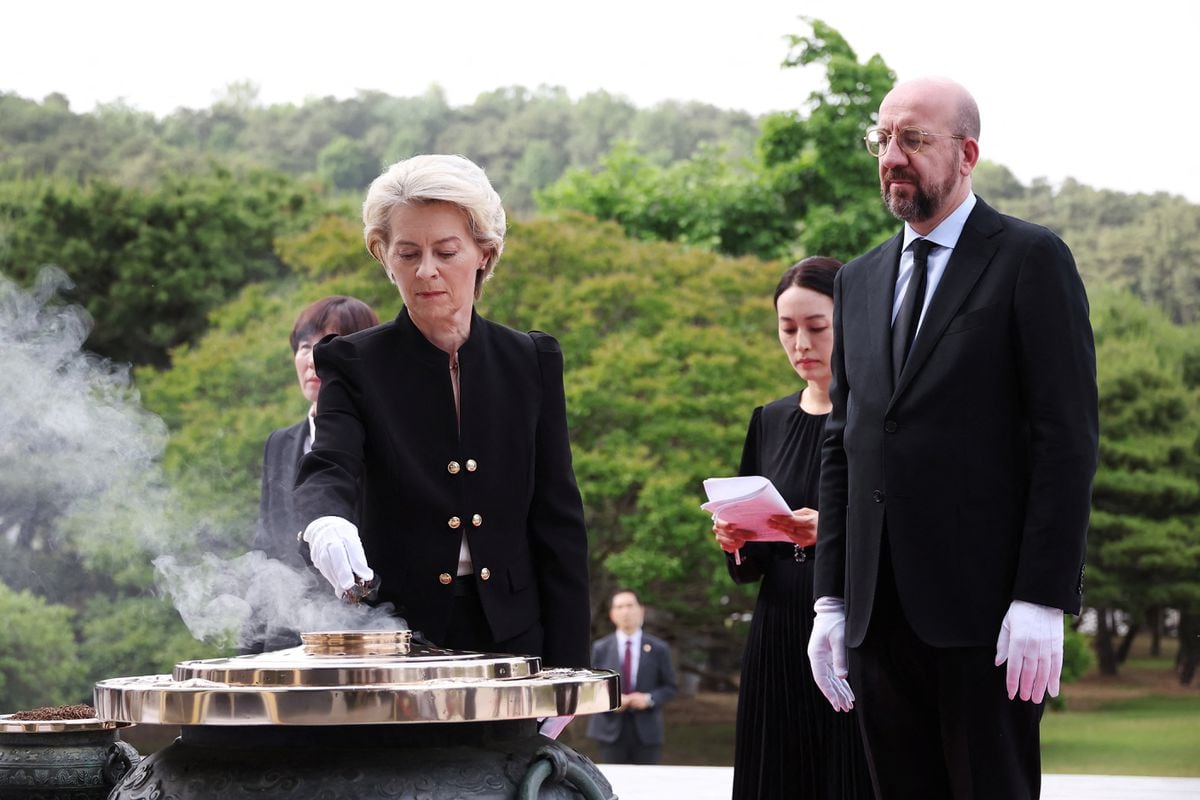
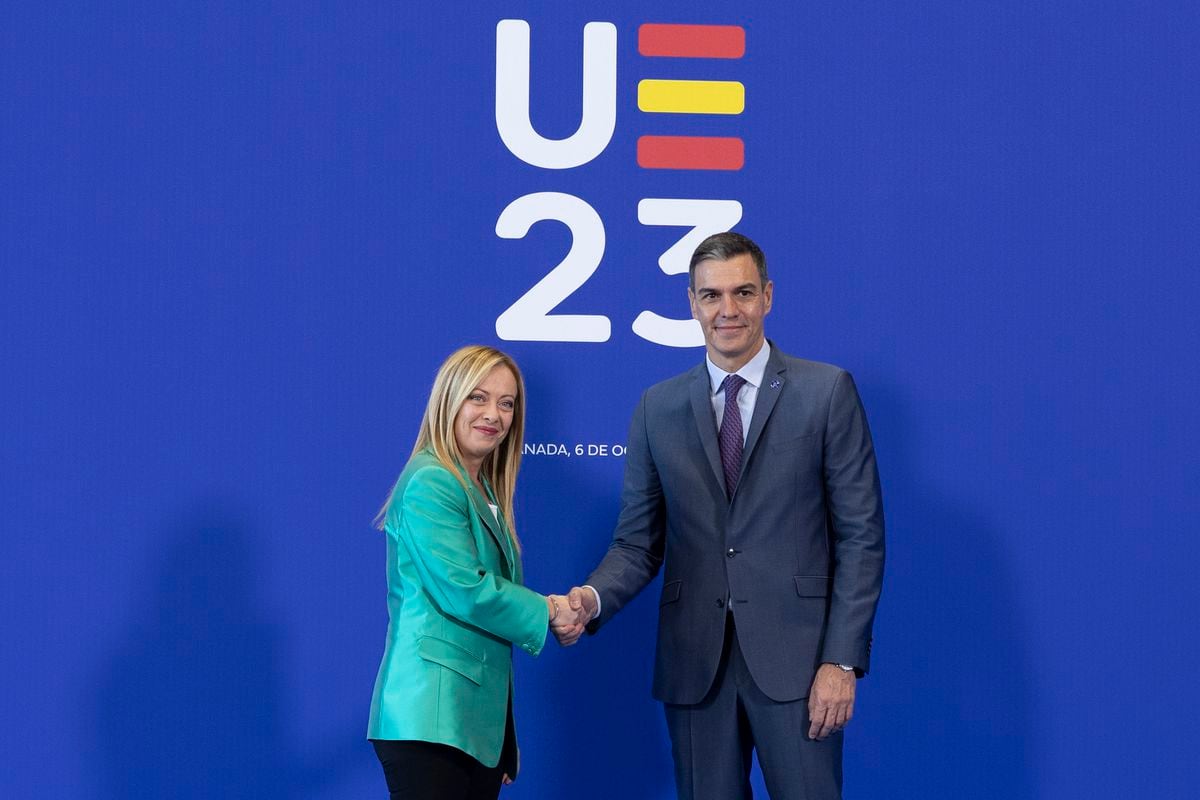

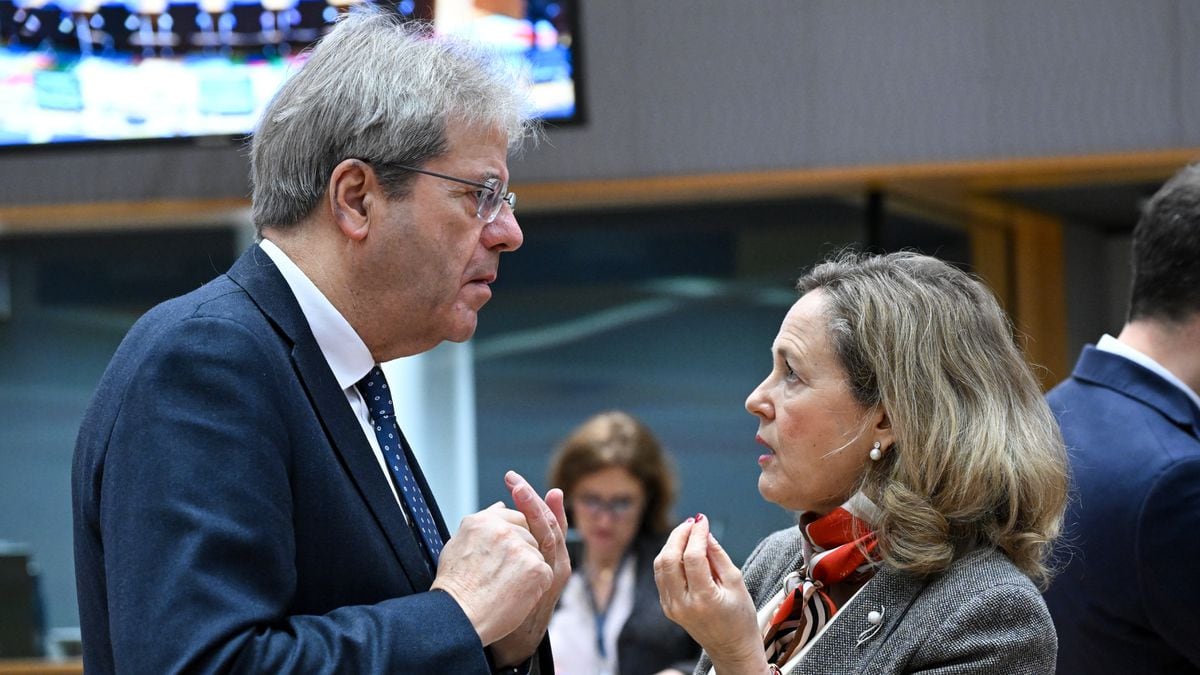
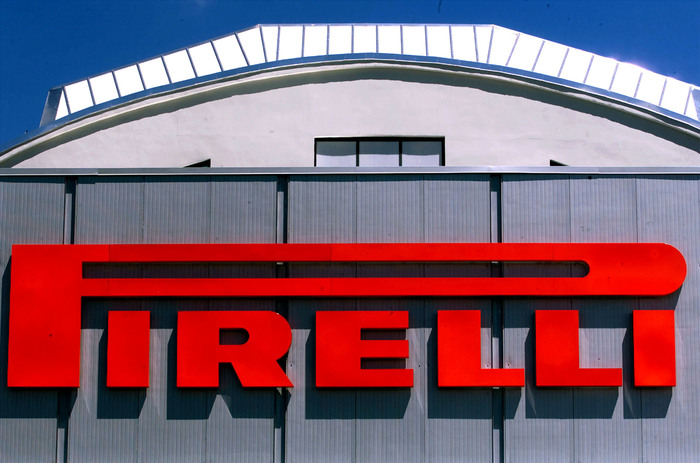
/cloudfront-eu-central-1.images.arcpublishing.com/prisa/2VA2ALVO6BDXLM22W73UWN5GDY.jpg)
/cloudfront-eu-central-1.images.arcpublishing.com/prisa/IOQ5LVJEOFAEZHGFMYWVXLFURI.jpg)
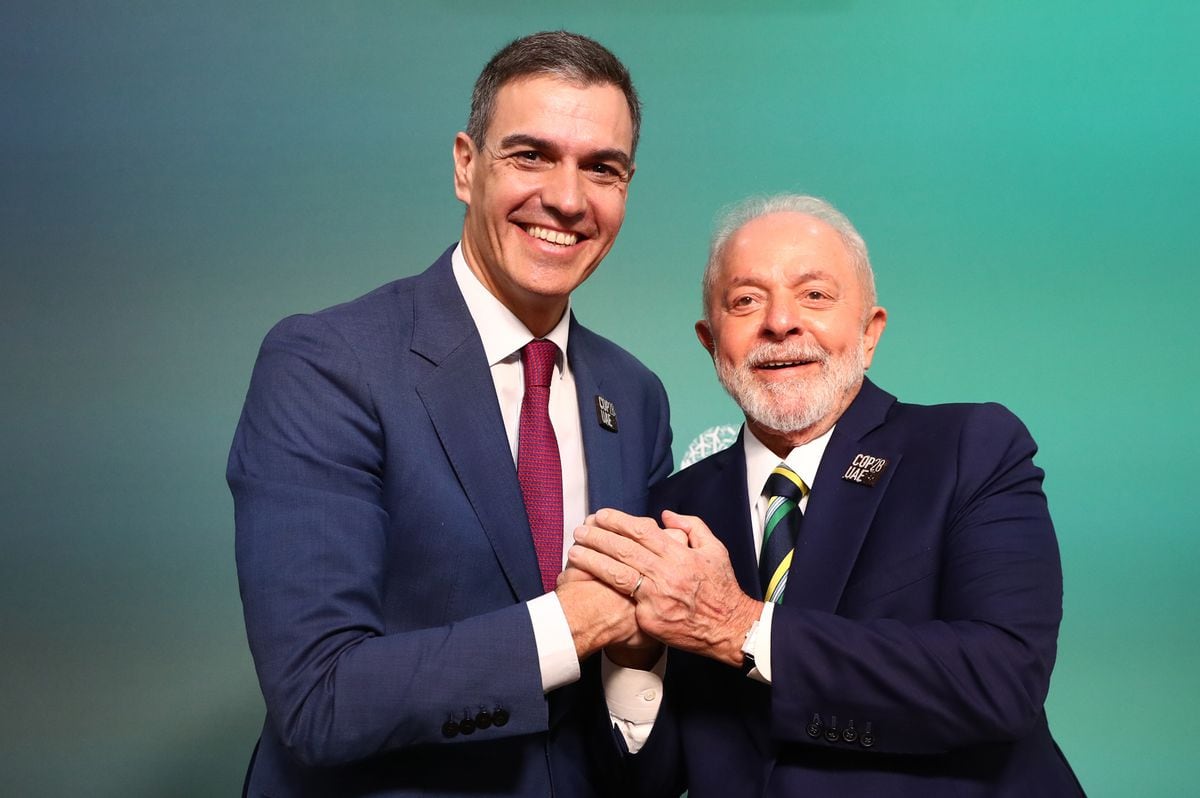
/cloudfront-eu-central-1.images.arcpublishing.com/prisa/GZBJJXO3EZE2HLSP5ZRRKYYYOY.JPG)
/cloudfront-eu-central-1.images.arcpublishing.com/prisa/2C5HI6YHNFHDLJSBNWHOIAS2AE.jpeg)



